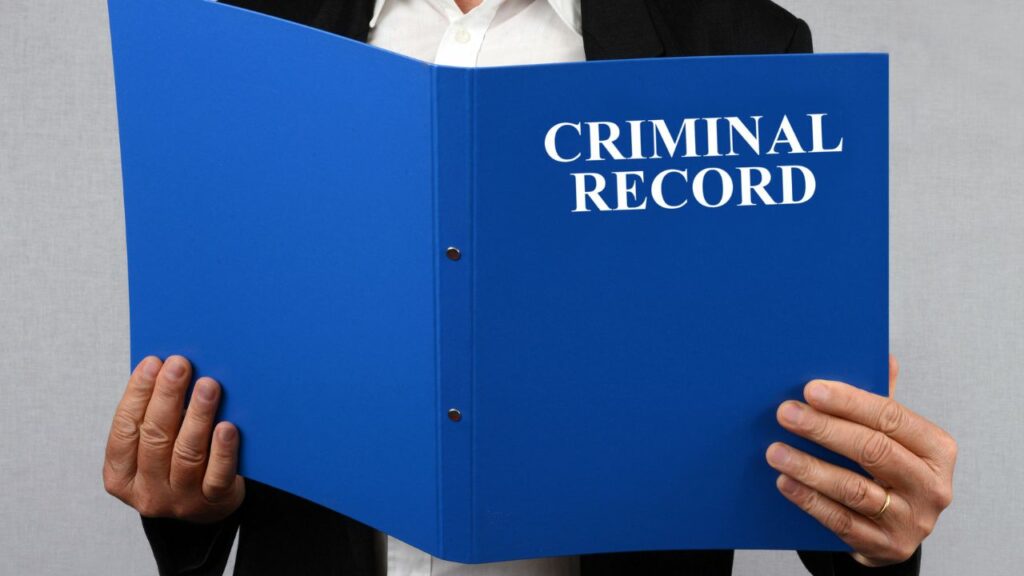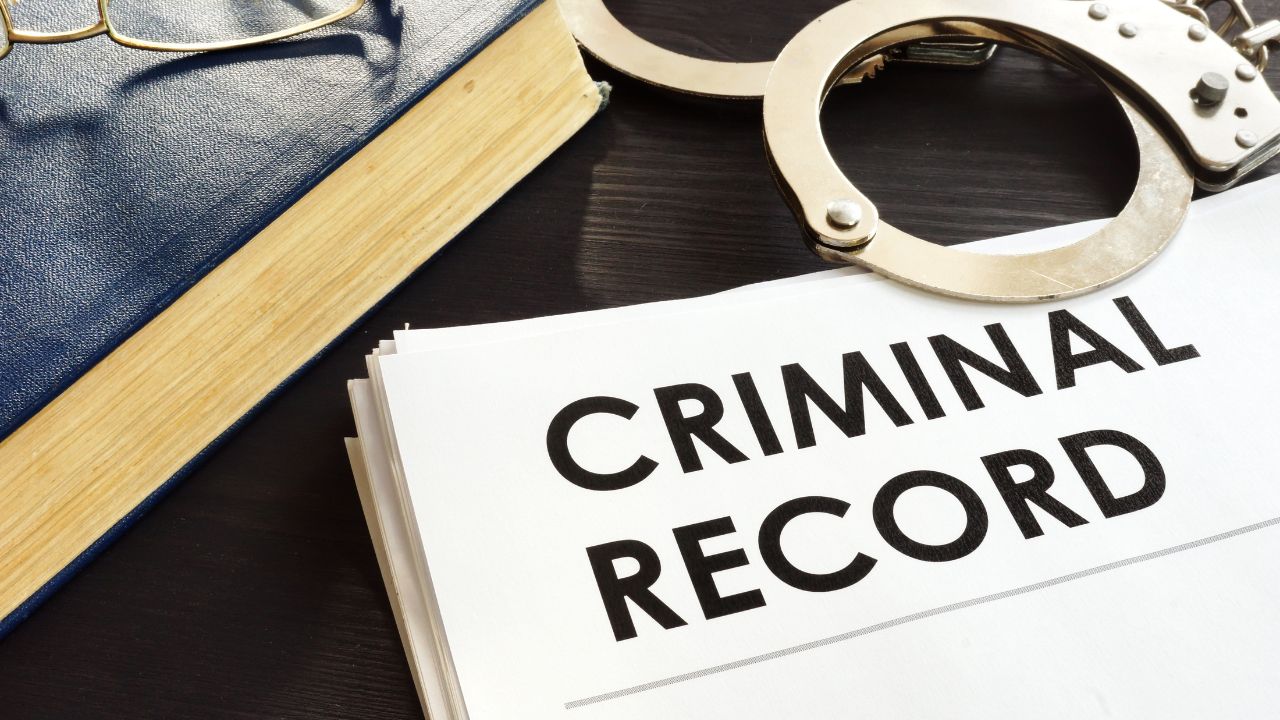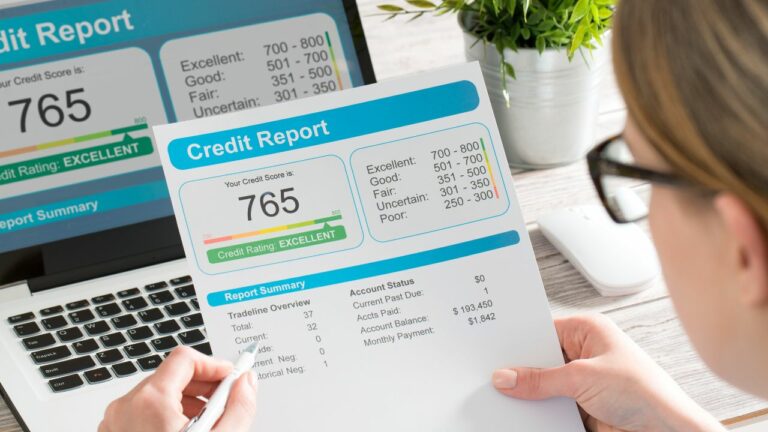Do Banks Check Criminal Record for Loans?
Are you wondering whether your criminal record will affect your chances of getting a loan from a bank?
This is a valid concern, as banks have strict criteria for approving loans and they often perform background checks on potential borrowers.
In this article, we will explore the topic of do banks check criminal record for loans in detail and provide you with all the information you need to know.
What Is a Criminal Record?
A criminal record is a detailed documentation of an individual’s criminal history, including any arrests, convictions, and penalties they may have faced.
This record is maintained by law enforcement agencies and can be accessed by employers, government agencies, and financial institutions like banks.

Do Banks Check Criminal Record for Loans?
Yes, banks do check criminal records for loans. This is because they need to ensure that the borrower has a good character and is at a low risk of defaulting on the loan.
Banks have a responsibility to protect their interests and that of their customers by lending money only to those who are deemed trustworthy.
How Do Banks Check Criminal Record for Loans?
Banks have access to databases that contain criminal records, such as the Police National Computer (PNC) in the UK. They may also use third-party background check companies specialising in such services to perform a more thorough search.
When applying for a loan, banks may ask you to provide consent for them to conduct a criminal record check.
These checks might include a review of the applicant’s credit score, employment history, and yes, potential criminal records. The exact depth of this check may vary from bank to bank, and some may or may not look into criminal history at all.
However, it’s crucial to note that a criminal record alone does not automatically disqualify you from getting a loan. Banks consider various factors when deciding to approve or reject a loan application.
What Type of Loans Require Criminal Record Checks?

Banks may check criminal records for all types of loans, including personal loans, car loans, and mortgages. This is especially true for larger loan amounts or when the borrower has a poor credit history.
In some cases, banks may also check criminal records for business loans, particularly if the loan is unsecured or if the borrower has a significant role in the company.
Overall, it’s essential to be honest and transparent when applying for a loan and to disclose any relevant information that may impact the bank’s decision.
Can a Criminal Record Affect Your Chances of Getting a Loan?
Yes, a criminal record can potentially affect your chances of getting a loan. As mentioned earlier, banks consider various factors when reviewing a loan application.
Having a criminal record does not automatically disqualify you from getting a loan. Not all crimes are equal in the eyes of the banks.
It ultimately depends on the specific circumstances and how the bank assesses your overall financial stability and creditworthiness.
However, certain types of criminal offenses and financial crimes, such as fraud, identity theft, embezzlement or money laundering, can significantly impact your chances of loan approval.
This is because these crimes involve dishonesty, financial irresponsibility, and directly relate to an individual’s financial trustworthiness. The bank may view you as a higher-risk borrower and may either reject your application or offer less favourable terms.
Conversely, a minor offence that occurred a long time ago may not have as much impact, especially if you have since demonstrated solid financial behaviour.
What to Do if You Have a Criminal Record?
If you have a criminal record and are concerned about its impact on your loan application, transparency is key. Be open with the bank about your past, particularly if the offences are not related to financial matters.
Provide all the necessary documentation related to your criminal record and explain the circumstances surrounding it.
It’s also essential to demonstrate that you have taken steps to improve your financial situation since then, such as paying off outstanding debts or having a steady income and employment history.
Additionally, consider seeking advice from a financial advisor or credit counsellor who can help you present your case more effectively to the bank and improve your chances of loan approval.
Remember, a criminal record is just one element of many that banks take into consideration when processing a loan application.
Frequently Asked Questions
Can I be denied a loan if I have a criminal record?
It ultimately depends on the bank’s policies and the severity of your criminal record. If you have a minor offense on your record that is unrelated to financial matters, it may not affect your loan application. However, if you have a serious criminal offense on your record, it could result in the bank denying your loan application.
How far back do banks check criminal records?
Banks typically check criminal records going back at least 7 years. However, they may go further back if necessary, especially for larger loan amounts or if there is a suspicion of fraud or financial misconduct.
Will my criminal record affect the interest rate or terms of my loan?
It is possible that having a criminal record could result in a higher interest rate or stricter repayment terms. This is because banks may view individuals with criminal records as higher-risk borrowers. However, this ultimately depends on the bank’s policies and your overall creditworthiness.
Are banks required to check criminal records for loans?
There is no specific legal requirement for banks to check criminal records when approving loans. However, they are required to conduct thorough background checks and assess the creditworthiness of loan applicants. This may include checking for any criminal offenses that could impact your ability to repay the loan.








